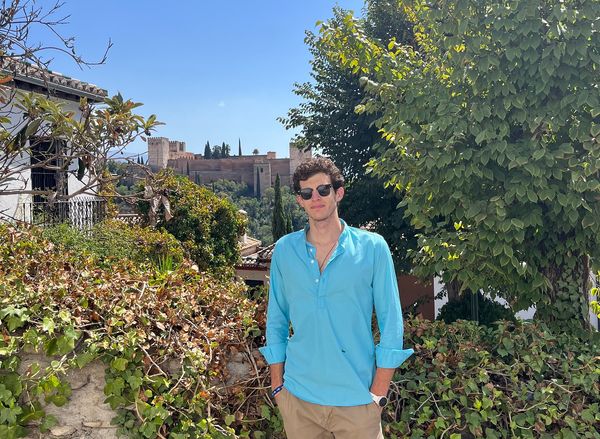5 Tips for Declining a Conference Invitation Professionally
It's important to know how to politely decline an invitation because it shows respect for the person who extended the invitation and helps maintain a positive relationship.
When you decline an invitation, you're not just saying no to the event or opportunity, you're also saying no to the person who invited you. By being polite and gracious in your response, you can show that you appreciate the invitation and the person who extended it, even if you're unable to attend.
5 Polite Ways to Decline a Conference Invitation
Declining a conference invitation can be a difficult task, especially if you don't want to offend the organizer or cause any harm to your professional reputation. However, sometimes it's necessary to turn down an invitation, whether it's because of a busy schedule, a lack of interest, or other personal or professional commitments.
Here are five tips that will help you decline a conference invitation professionally:
- Be prompt: It's important to respond to a conference invitation as soon as possible, even if you're not sure whether you'll be able to attend. If you wait too long to respond, the organizer may assume that you're interested and may make arrangements accordingly. By responding promptly, you can let the organizer know that you're not able to attend and give them enough time to find someone else to fill your spot.
- Be polite: It's important to be polite and gracious when declining a conference invitation, even if you're not interested in attending. Thank the organizer for their invitation and let them know that you appreciate the opportunity. Be sure to apologize for any inconvenience that your absence may cause.
- Be concise: It's not necessary to provide a detailed explanation of why you're declining the invitation. Simply state that you're unable to attend and leave it at that. If the organizer presses for more information, you can provide a brief explanation, but it's not necessary to go into too much detail.
- Offer an alternative: If you're unable to attend the conference, but you'd still like to contribute in some way, consider offering an alternative. For example, you could offer to present a webinar or write an article for the conference website. This will show the organizer that you're still interested in the conference and that you're willing to contribute in some way.
- Follow up: After you've declined the invitation, be sure to follow up with the organizer to thank them again for the opportunity and to confirm that you won't be attending. This will help ensure that there is no misunderstanding and that the organizer can make the necessary arrangements.
Declining an invitation in a rude or thoughtless way can damage your reputation and potentially harm your professional relationships. It's important to remember that even if you're not interested in attending a particular event or accepting a particular opportunity, the person who invited you probably put a lot of effort into extending the invitation and may be disappointed if you decline in a thoughtless way.
By taking the time to consider your response and communicate it in a respectful and professional manner, you can show that you value the person who invited you and that you take your professional relationships seriously. This can help you build and maintain strong, positive relationships that can benefit you both personally and professionally.
By following these tips, you can decline a conference invitation professionally and without causing any offense. It's important to remember that it's okay to say no sometimes and that you have the right to prioritize your own time and interests.
We hope this blog post has been helpful to you. If you want to learn more about the academic world, we recommend you to read the next post ''Exploring the Different Types of Academic Conferences: Presencial, Hybrid, and Virtual''.
If you have any additional questions or would like more information on this topic, please feel free to leave a comment or reach out to our social media (Twitter, Facebook, Linkedin, and Instagram).
Start now to manage your new scientific journal or your next conference by creating your community in Orvium and inviting your colleagues using the following link https://dapp.orvium.io/.




